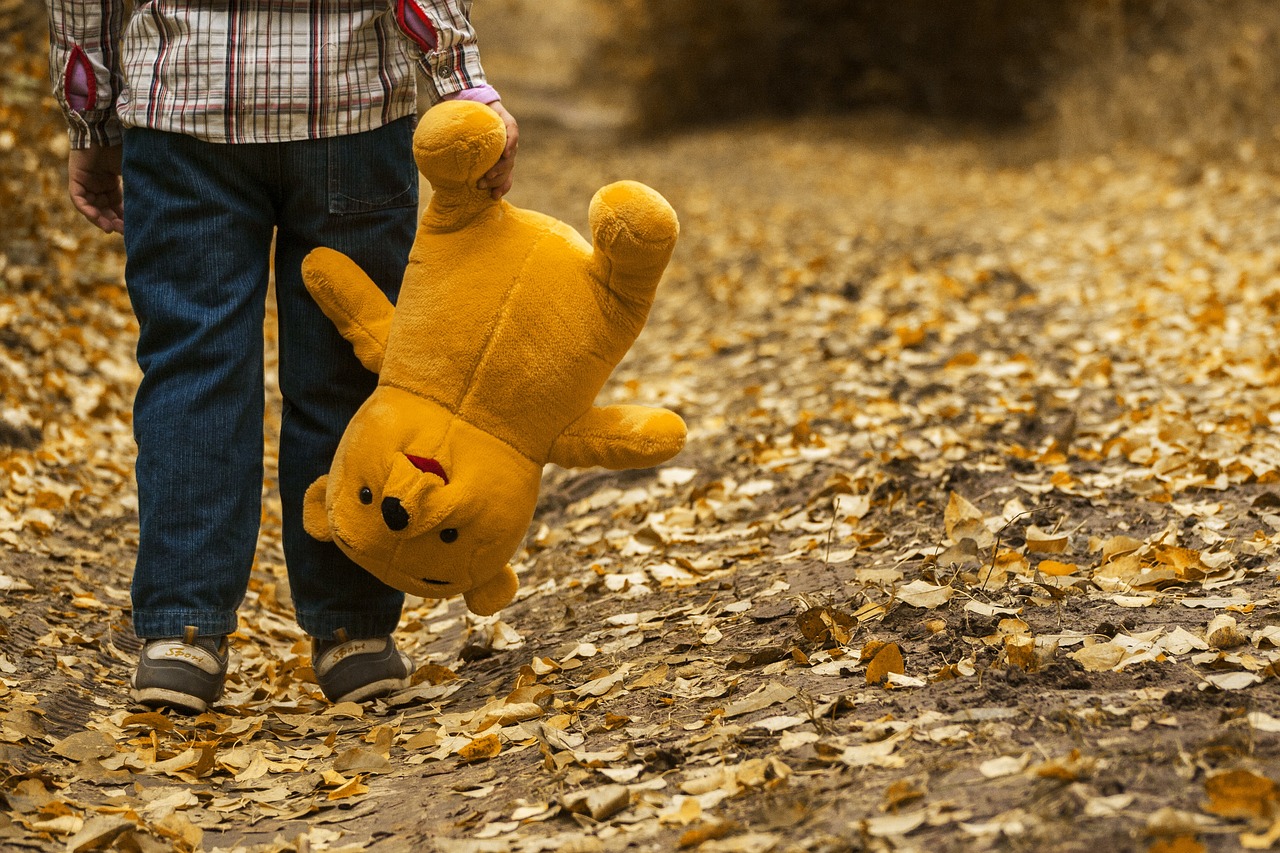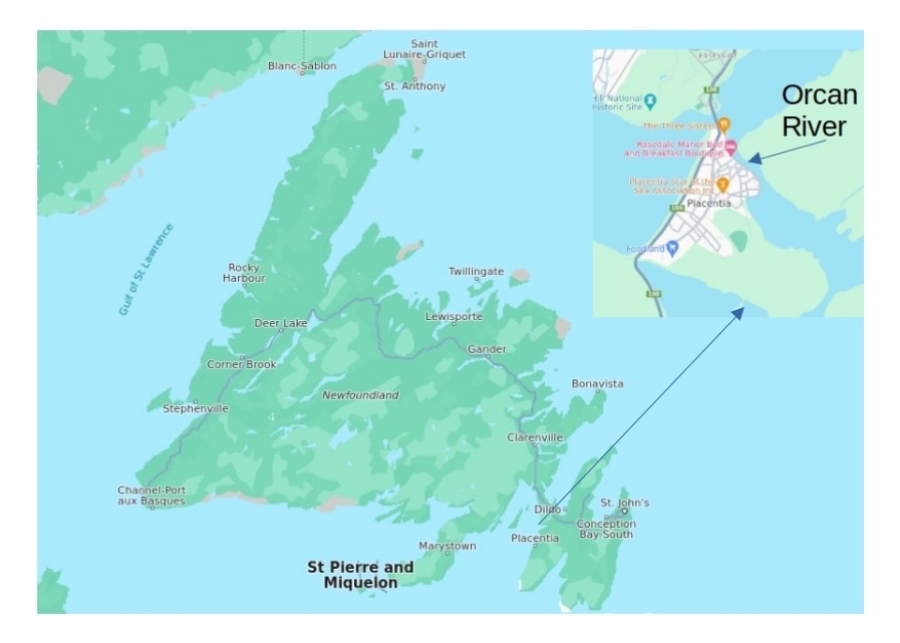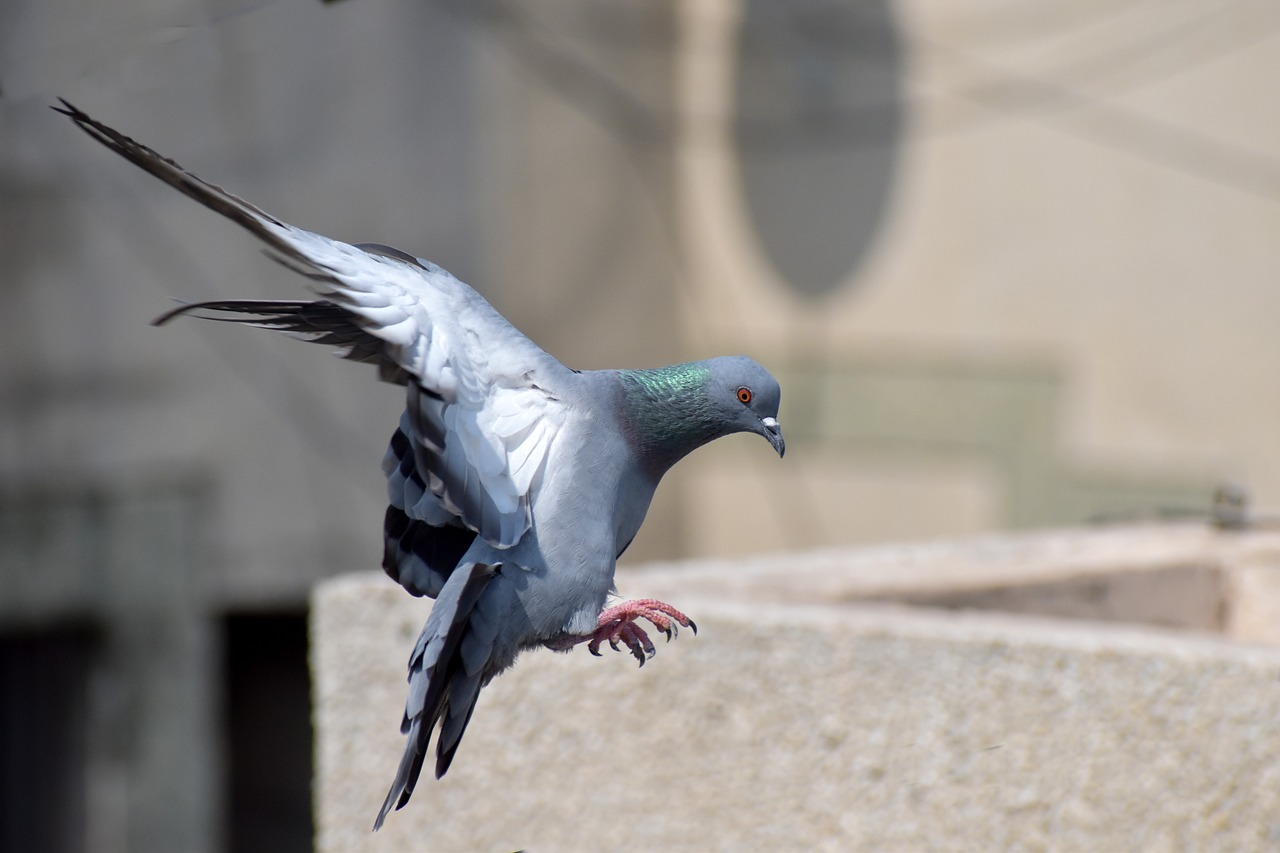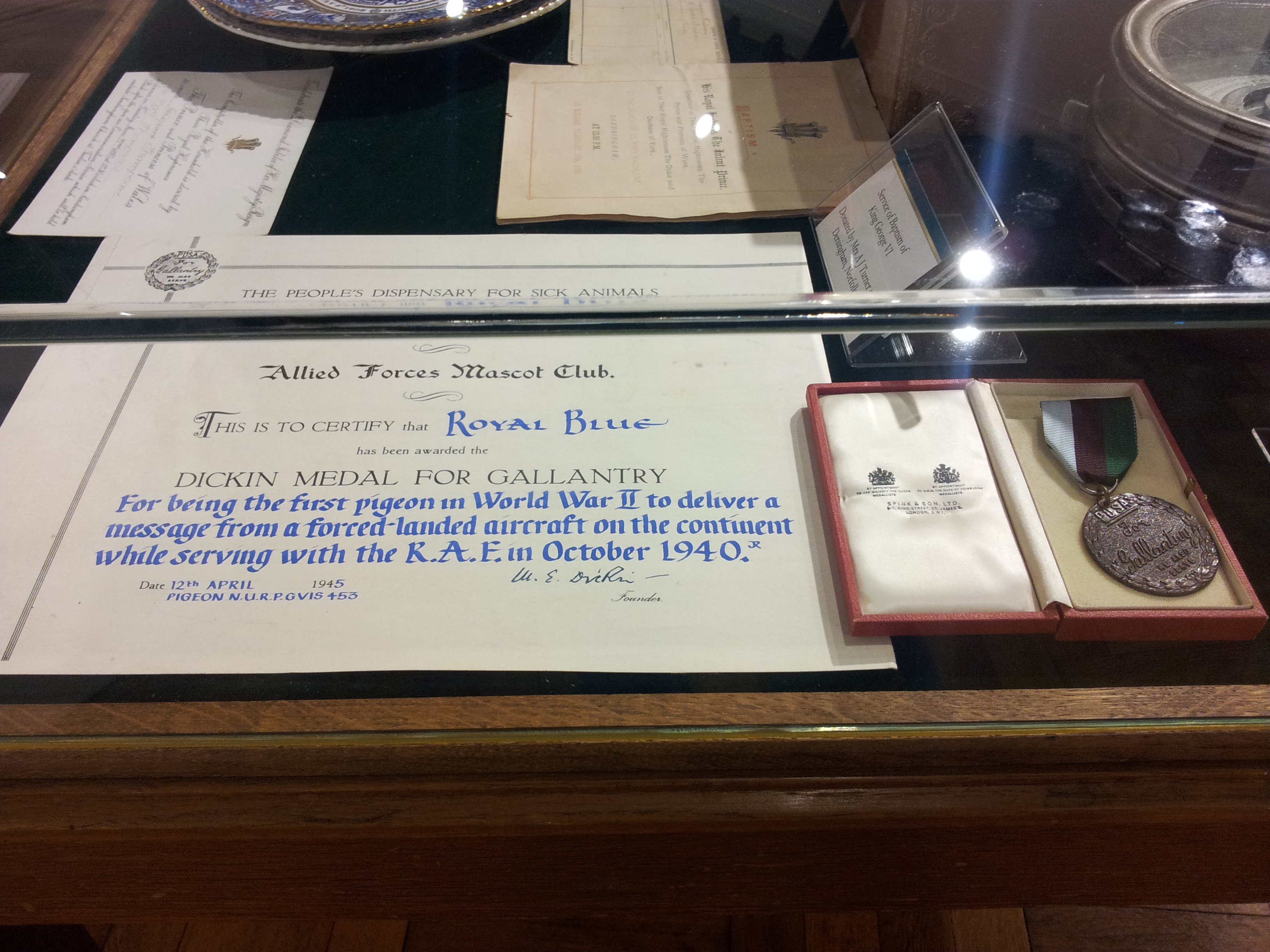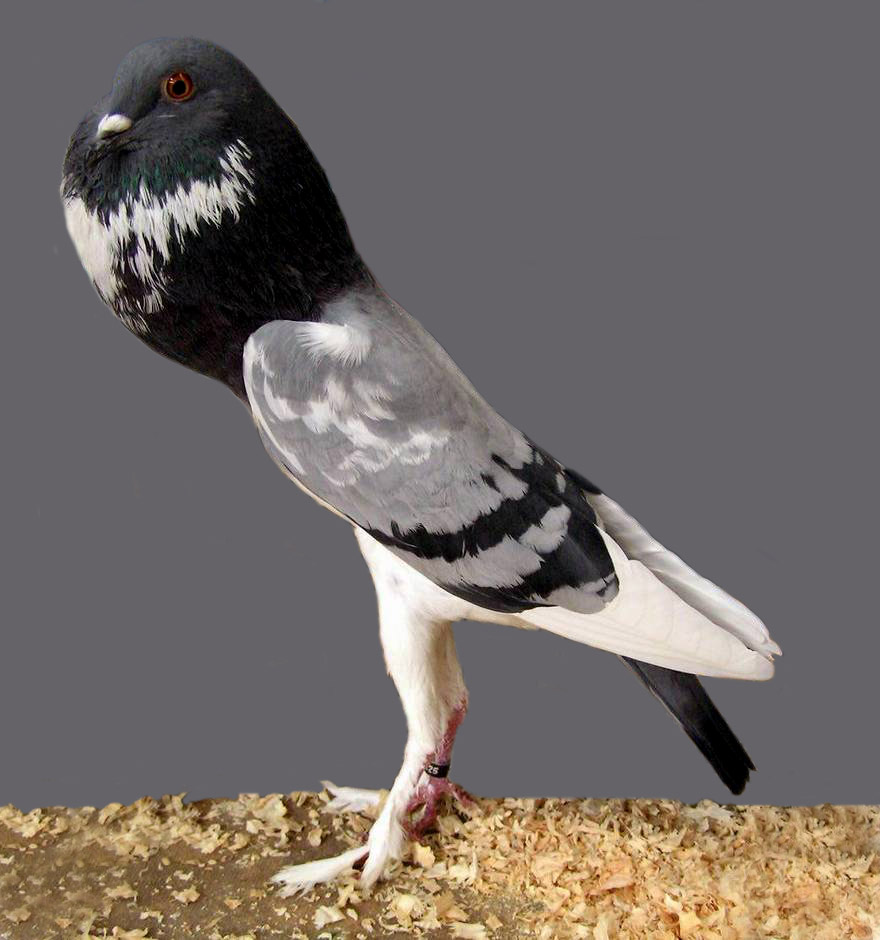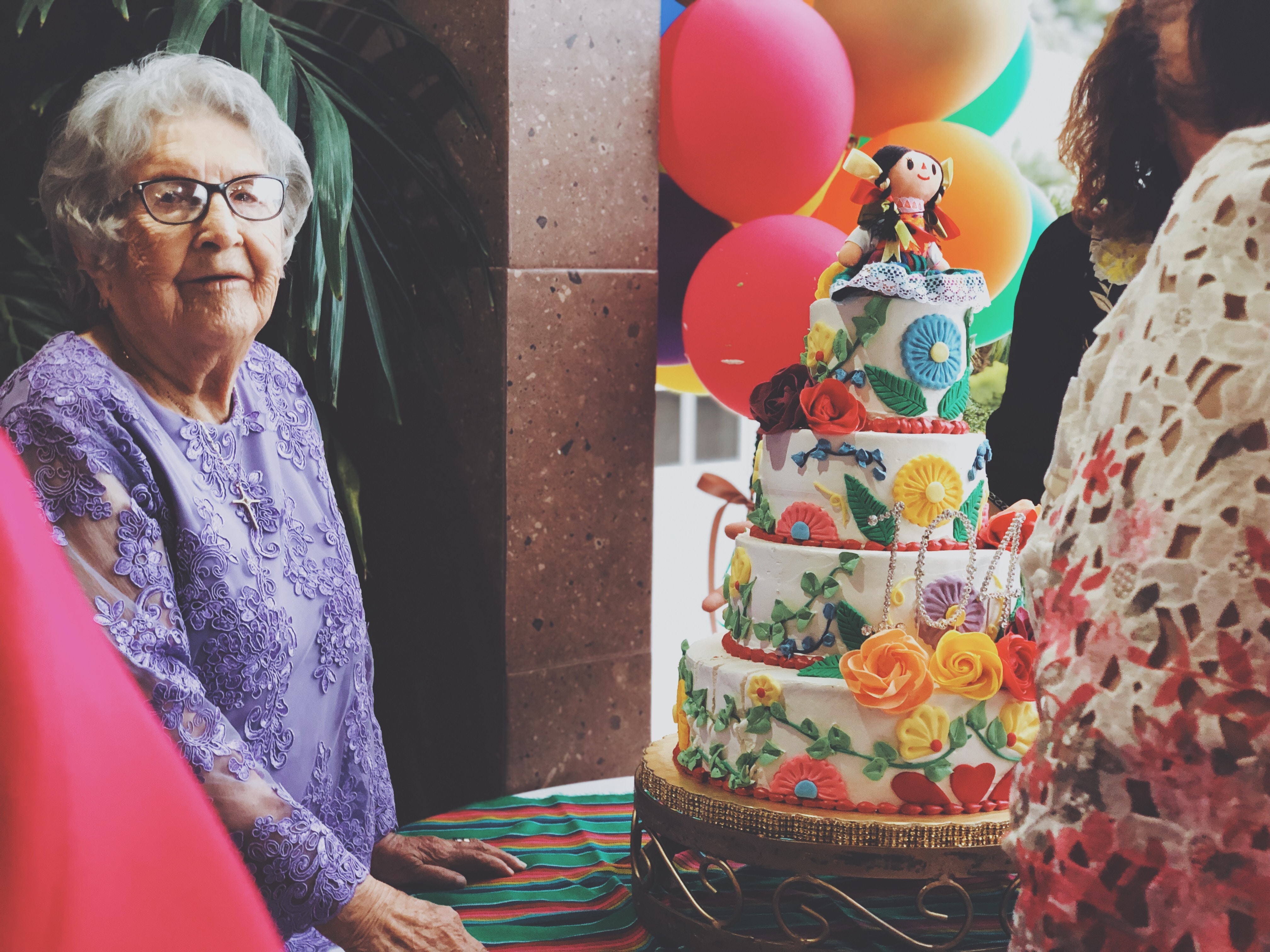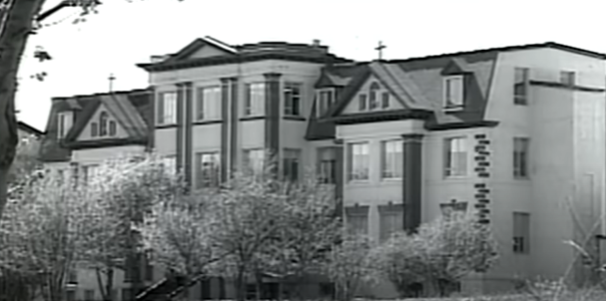
Image by PublicDomainPictures from Pixabay.
Sidney roughly folded the clothes, throwing them into his bag. He didn’t have a lot of time. Charlie said he could help him move, but he’d told him not to bother. His head shot up when he heard the sound of a car on gravel. Gently pushing back the curtain, he realised it was just the neighbour pulling into their driveway.
Carefully, he wrapped a few photographs he wanted to keep, placing them in the side-pockets. She’d not miss them anyway, likely wouldn’t even notice they’re gone. He zipped up the bag and put it on the bed next to the other things he wanted to take.
Frannie had gone out to a restaurant with some friends, so he’d decided to make his move as soon as she’d left. Quickly checking his watch, he knew she’d be home soon. He’d better get moving.
Scanning around the room to see if there was anything, his eyes rested on a photograph Charlie must’ve taken of them. Sid picked it up, looking at the laughing faces. His eyes moistened. If he remembered correctly, it was taken soon after they’d first been married.
Where were they, he thought. He closed his eyes tightly, hoping to urge the memory. Then, it came back to him and he smiled. Yes, he distantly remembered the day. He seemed to recall they’d been on a camping trip in British Columbia. They’d gone with Frannie’s brother, Charlie and his wife. It’d been wonderful.
He stared at the photograph, his mind roaming the memories regarding his life with Frannie. Most would’ve considered them the perfect couple—beautiful home, two cars, annual vacation. They even had a dog for a while, but she’d passed away a year ago or so. Sid had been in banking until he’d packed it all in about a decade ago for a new life working as a Park Ranger. Commuting every day, he loved where he now worked.
Frannie was still in banking. She’d just been promoted in the bank where she worked. downtown. Their friends had laughed at their various work places, commenting how they couldn’t be more disparate. Still, it hadn’t been a problem.
When they lost their second baby, everything had changed though. It was another miscarriage. Sid had grieved the loss, but recognised maybe it just wasn’t to be for them. But for Frannie, it was different.
It was like someone had flipped a switch. He’d tried to empathise, as it was no doubt hard for her. But she’d just become angry and there was no hope to try to explain anything. Suddenly, there was no end to the hateful comments she’d make about him. It seemed like nothing he could do was right any more. He flinched when he thought of her words.
“You’re such a loser. You’ve always been a loser. There’ll never be any hope for you. Why do you bother?” Then he remembered what she said about his father, that Sid was exactly like his father—had always been. “You’re no good….” It’d been a year of unrelenting abuse. He closed his eyes, a hollow feeling growing within.
As far as Frannie was concerned, he was never enough of anything. Sid shoved a photograph of him accepting another award from the city into the side of his bag. He’d been damned proud of the work he’d done and he wasn’t about to leave it.
And it was when she threw the little solid wood award he’d been given for organising the tree-planting that he knew. He can’t take this any more. Still, he looked at the photograph. Maybe there’d be a way to get her to understand.
Sid heard the clock chiming, jarred from his reminiscing. Coming downstairs, he was alerted to headlights in the driveway. Hurriedly, he grabbed the two bags, hoisting them onto his back and left the bedroom. He thought was too late. He’d thought for sure he had until nine. That’s when she always left the restaurant.
Maybe he could dart out the back door. Suddenly, the front door opened and he thought, Christ, this is all he needs now. He braced himself, holding his breath, his body tense. In walked Charlie.
“G0d, I thought it was your sister.”
“No, man. I thought I’d come around to see if you needed any help. You said you were likely going to do it tonight.” He took one of the bags from Sid. “How are you?”
“All right, I guess. I confess I’m wondering if I’m over-reacting.”
“No, geez. I heard what she was saying to you a couple of days ago. She doesn’t realise I heard, but she’s completely flipped. As I said, why should you put up with it? You’re too soft. I mean, she seriously needs help. It’s been close to a year and we both know from where this is coming.” Sid looked at him. “I mean it. What she said to you was harsh, man. I mean, you’ve got a heart of gold. But I wouldn’t put up with it. I think everything from when we were growing up has come home to roost for her. I really don’t know. I mean it was bad, but geez, I survived. Well, I shouldn’t say that. Everyone deals with things their own way. Anyway. Come on, we better get going.”
“Yeah,” Sid said as he looked around.
“Don’t worry. You’d know best, but it’s not like it’s forever. She just needs to have some time to herself, I think.” Charlie opened the front door. “Did you leave her a note?”
“Yeah. I put it on her pillow.”
“Good. Come on. I’ll take this one in my car and I’ll meet you at home.”
“Yeah. For sure. Thanks, man.
“Not a problem.”

Frannie opened unlocked the door. Sid must’ve gone somewhere since his car was gone. She wishes he’d tell her he was going somewhere. He never tells her anything. Throwing her things onto the chair by the door, Frannie went into the kitchen to check if anyone had rung the line in the house.
Anyway, she was tired, so she thought she’d just change into some of her house clothes and then go watch a little television. Maybe Sid’ll be home then. On her way to her closet.
She spotted something on the bed and went over to take look. Maybe it was a note from Sid about where he’s gone. She picked it up and reading it, the hair on the back of her neck prickled. Putting it down, she was livid. How dare he? O, the poor baby. Run to her brother for protection. Christ!
Sitting on the bedside, her leg tapped nervously. Anger swelled up inside her, she just wanted to throw something. Picking up the cushion, she whipped it at the mirror across the room.
Frannie picked up her phone and rang her brother. I’m sure she’ll get some song and dance about how much he’d been suffering. From what?! From nothing!? He just wants attention. He always wants attention.
And her brother. “Give me a break,” she said. “I mean, trust the two of them to get together. My brother also just craves attention. It’s always been that way.” Determined now, she was going to just ring him to ask what the hell was he thinking.
Ringing the number, she waited.
“Hello?”
“Charlie. It’s Frannie.”
“Uh-huh?”
“Don’t ‘uh-huh’ me like you don’t know what’s going on. Is Sid there? Let me speak with him.”
“Uh, I don’t think that’s a great idea right now.”
“What? Whaddyamean you don’t think it’s a ‘great idea right now’? What are you his keeper, now? It’s not like he’s scared of me.
“No, it’s not that. I don’t think he’s scared of you. I think he just needs get a break from you for a while.”
“What do you mean? I haven’t done anything.”
“Come on Frannie. Even you must know the things you’ve said to him.
“I haven’t done anything.”
“Really? I mean, I was there when you said he’s no good or a waste of space. You likely didn’t realise I’d heard, but there ya go. How long do you think someone wants to be told they’re useless?” Charlie waited for her response. “I assume by your lack of response that you get what I’s saying. Well, he’s not here anyway. So, maybe ring back tomorrow.” He waited for a moment. “Anyway, bye.”
Frannie put her phone down, staring around the room. All the anger she’d felt had ebbed and now she just felt empty. Charlie was acting like she was some kind of bully. “I’m not a bully,” she said to herself. Her eyes moistened as she stared into the mirror.
Over the next few days, Frannie grew more and more irritable. She’d hit out at a few of her colleagues at work and was actually reprimanded by their manager. Her manager was pretty good and so had just suggested she take a few weeks off.
Because Frannie was never the sort to waste time, she took the opportunity to clean the house from top to bottom. She was scrubbing the laundry room floor.
“Hey, how’s it going?” Charlie said. Frannie only heard him now. “You didn’t hear me calling, so I started looking.”
“O, hi. Yeah, I was just really going at it I guess. So, I didn’t hear you come in.” Charlie sat down on the bench.
“So, how’s it going?” Frannie shrugged her shoulders.
“Sure. I’m okay, I guess.”
“I confess I was driving by and was surprised to see your car here.”
“Yeah, well.” She put her scrub brush down and sat on the bench with Charlie. “I had a bit of a run in at work.” Charlie looked at her, frown on his face. “No, it was all my fault I’ve gotta admit. But my manager kindly said she thinks I need some time away from things for a bit. So, I guess I’ve just been given leave for a while.”
“Ah.” Both were silent for a moment, the sound of the spring birds filling the vacuum. “So, it’s not great right now.” Frannie looked at Charlie, her eyes moistening. She shook her head. He leaned over and gave her a hug.
“How’s Sid doing?”
“O, he’s okay—getting by and all that.” She glanced towards him. “He’s not loving it. It’s just as I said, he needed a break from you.”
“Yeah, I don’t know what’s happening.”
“Well, I think I do. I’m no psychologist. But I saw it happening when you had your second miscarriage.” She glanced at him. “Well, understandably, it just threw you for a whirl. Out of control. And we both know that’s not a place you like to go.” He met her eyes. “So, you kinda hit out. As far as you were concerned, someone was going to pay. And I guess Sid just happened to be in your line of fire.” Frannie looked away. “Think about it, I guess. Best be off. We’ll talk later, okay.”

Sid’s stomach tightened when he drove in, spotting her vehicle. He wanted to see her and yet he didn’t. Charlie had said he’d gone over and spoken with Frannie several times and he said, it might be worth going for a visit. Knocking on the door, he tried it and it was open.
“Hello,” he said, calling out. He saw movement at the top of the stairs. “Hey.”
“Hey,” she said, continuing down the stairs. She went out onto the back porch and he followed. This was his house, but he felt distanced from everything now. They sat down at the table. “Sorry, did you want something to drink? I didn’t ask.” He shook his head.
“I just thought I’d pop by to see how you’re doing.”
“I’m okay,” she said, smiling.
“Charlie said you’re off work for a bit.”
“Well, I’m headed back tomorrow.” He nodded his head, tapping his finger and looking around the back yard.
“The flowers are coming up nicely,” he said, knowing they were caught in the usual evading-the-issue pleasantries. She likely knew it too. But he wasn’t going to push.
“Yeah, they’re nice where you re-planted them.” They sat in silence for a few moments, Frannie looking around until their eyes met.
“Well, I better get going,” Sid said.
“O … okay.” Sid started to get up, not really sure what to expect, if anything. “Wait. I’ve been chatting with Charlie for a bit. As you may know.” she said, looking at him. “And I just wanted to say I’ve been going through a rough time. I know you know that.” Sid sat down again. “And y’know, I think I was msybe taking things out on you.”
“Yeah. It’s hard.”
“So … sorry, I guess.”
“Yeah.” Their eyes met. “I get it. And I’m really glad you’ve been able to mull it over—be more at peace with things. You’ve always been so hard on yourself—for no reason.” He wasn’t sure what else to say. But he wanted her to know he understood what she was saying. It was hard, though. “Well, I’d better get going,” Sid said, getting up.
“Yeah,” Frannie said, her eyes averted as she got up and followed Sid to the door.
“I’ll pop by again, maybe on Thursday. How does that sound?’ Sid said.
“Sure, that sounds good.” She smiled at him, Sid returning the smile. He wanted to give her a hug, but she was standing at the door and didn’t look like she’d be too keen. Maybe later.

Frannie watched Sid’s car drive away. She’d hoped he’d give her a hug or just give her an idea he was still interested in being her husband. She’d said sorry. She closed the door. “I mean, what’s the point?”
Frannie walked to the kitchen and brewed a cup of tea. Sitting down, she looked out the window and was astounded by what she saw. The darkened sky was bejewelled by collection of silver-lined clouds. Frannie got up, the sky was utterly beautiful—breathtaking.
Standing there gazing at the sky, her mind wandered. He didn’t say it was over. And he’d said he’d be returning. After all, he did say she’d see him in the week.
Frannie knew she’d been horrible. Charlie was right. But she looked at the sky again and smiled. Regardless, there’s always a silver lining.
